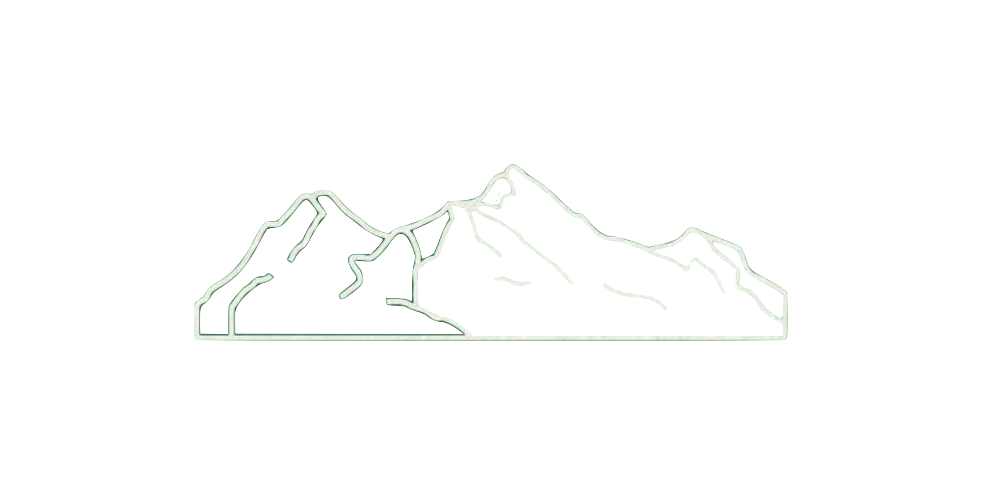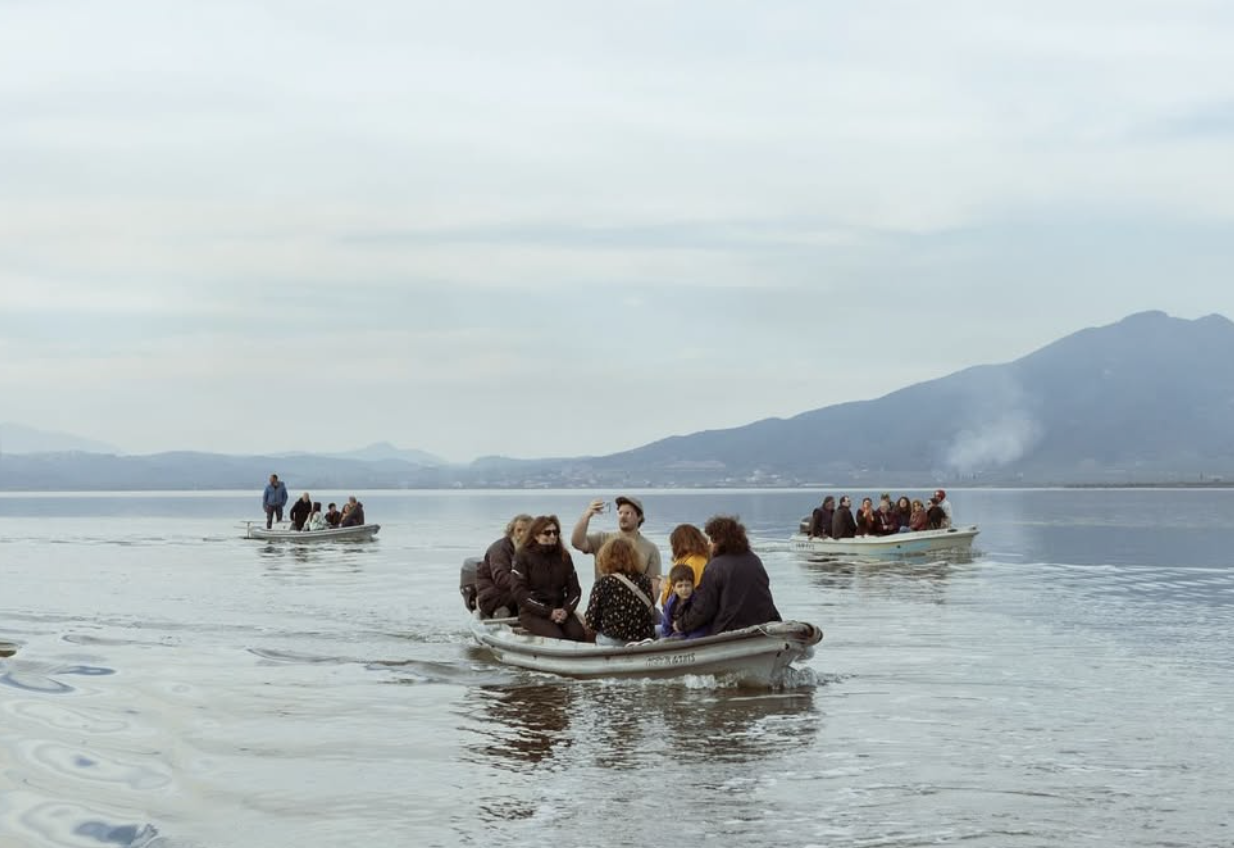
From March 6th to 9th, the town of Aitoliko became a living canvas for the Vanishing Landscapes gathering, a four-day event that wove together artistic expression, ecological reflection, and local histories. Bringing together artists, researchers, students, and community members, the programme delved into the layered narratives of this unique lagoon ecosystem.
Vanishing Landscapes created a space for listening, exchange, and creative exploration—honouring the histories, ecologies, and voices of Aitoliko while imagining possible futures. As part of the Creative Europe-funded project Transformative Territories, this gathering reaffirmed the power of art and community in shaping our relationship to vanishing landscapes.
Days I & II: Tracing Histories and Imagining Futures
The first two days of the event unfolded through immersive workshops, film screenings, and dialogues that engaged with Aitoliko’s cultural and natural landscapes.
- – People Descended from Trees and Deer – Students from the University of Western Macedonia (Florina) explored the Centre of Engraving Arts – Vasso Katraki Museum, drawing inspiration from its collection before venturing into the town to collect traces for their engravings at Yiannis Papadopoulos’ Engraving Workshop.
- – Cine-tides: Of Wandering Islands, Misty Lagoons, Salt Marshes, and the Solitude of Earth Defenders – The Charamada tavern, closed since 2008, came back to life as a communal cinema space, hosting screenings of Rose Lowder’s 16mm films alongside works by Helena Girón & Samuel Delgado and Pablo Alvarez Mesa. A preceding town walk, accompanied by readings from Esther Kinsky’s Seeing Further, set the stage for collective reflection on the act of watching films as an immersive, shared experience.
- – Roundtable: On Vanishing Landscapes – A discussion featuring Maria-Thalia Carras, Michalis Kotsaris, Yiannis Papadopoulos, Dimitris Theodoropoulos, and Foteini Xesfigki, moderated by journalist Thodoris Chondrogiannos, brought together locals and guests to share perspectives on Aitoliko’s ecology, daily life, and cultural shifts.
- – A Moment to Pause – The museum foyer housed hiboux’ architecture’s spatial installation, an invitation to rest and listen, accompanied by the avian soundscape of Skylarking (Long Play) by Nuno da Luz.
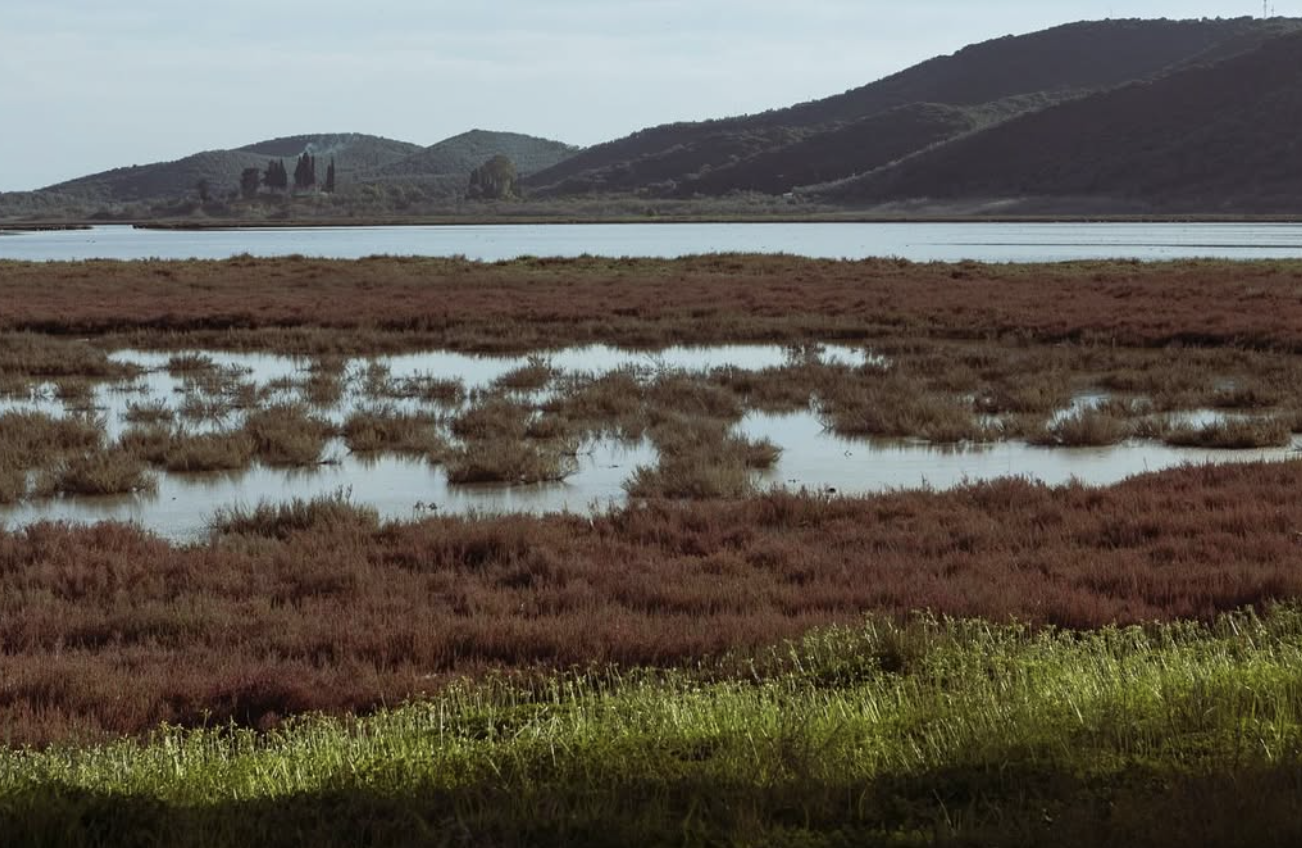
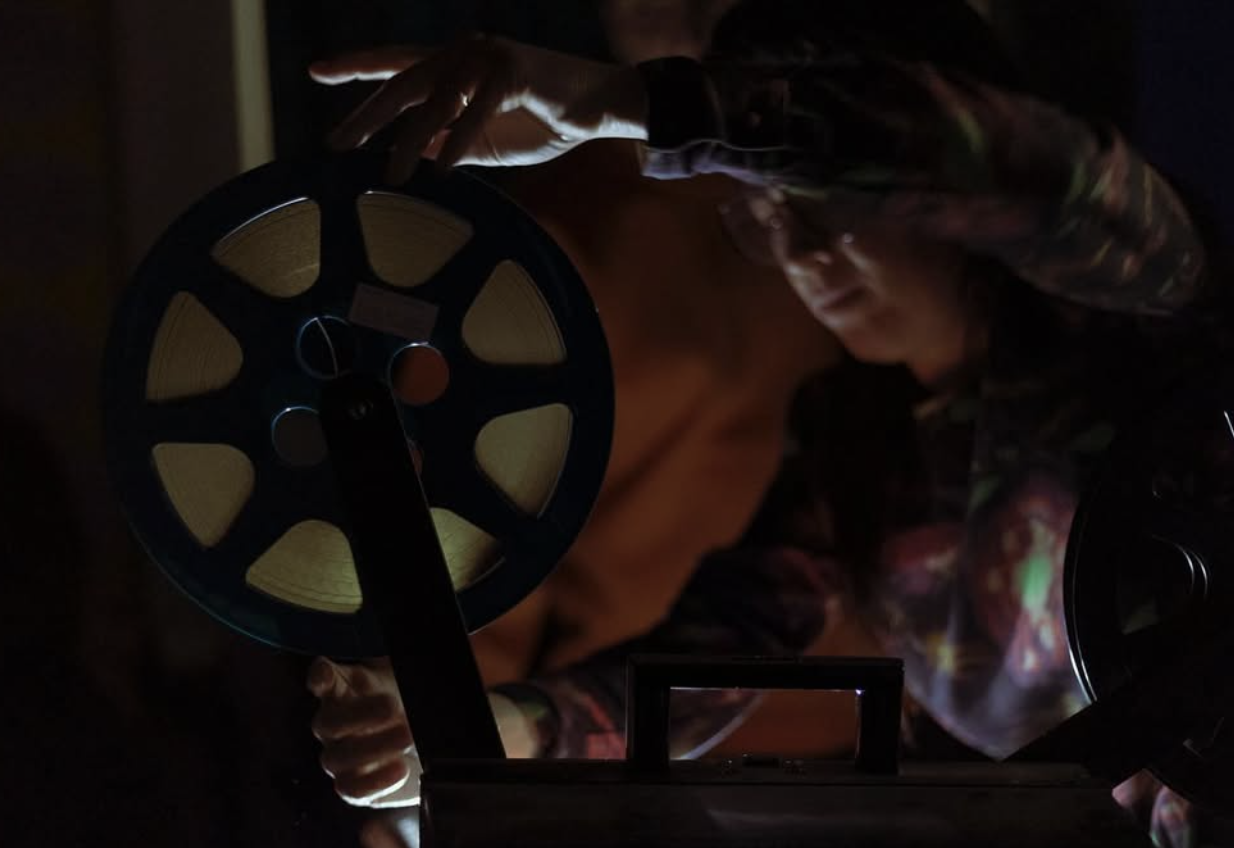
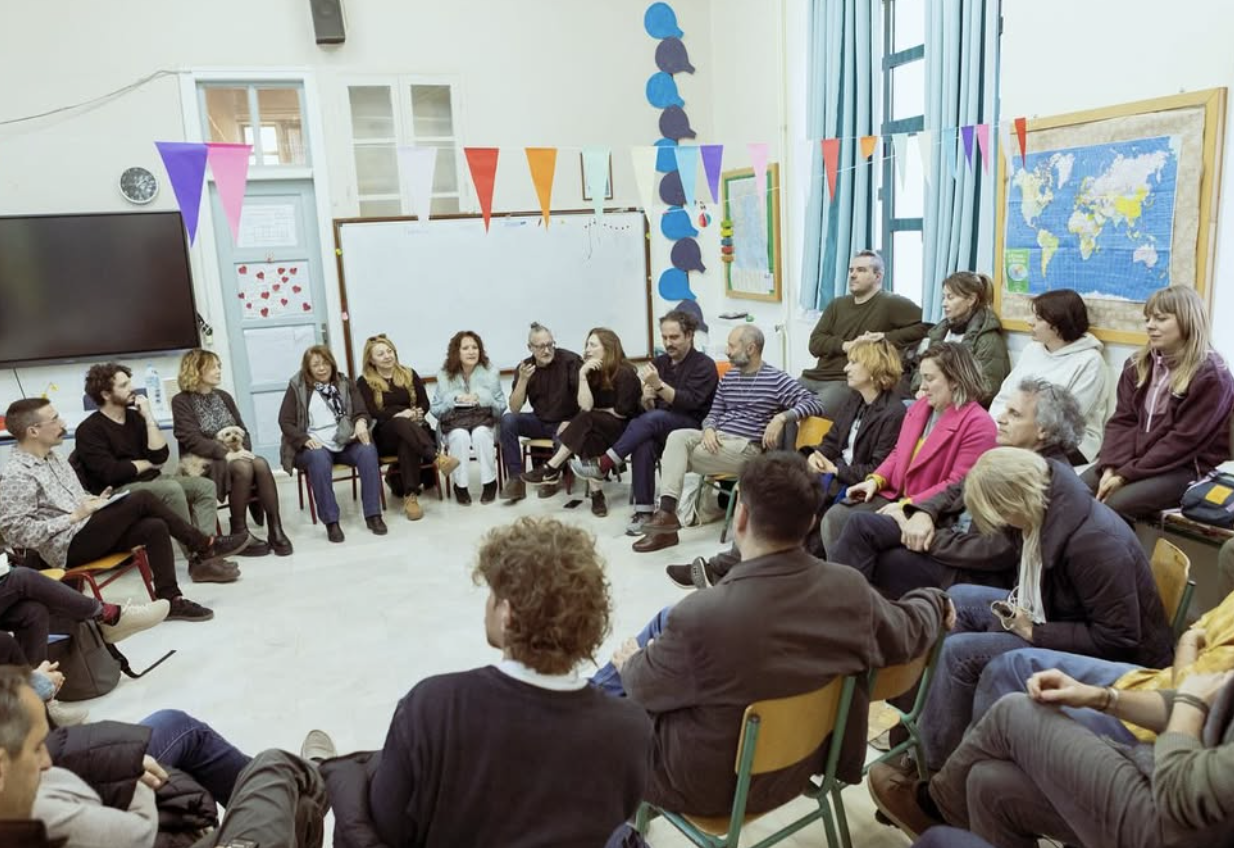
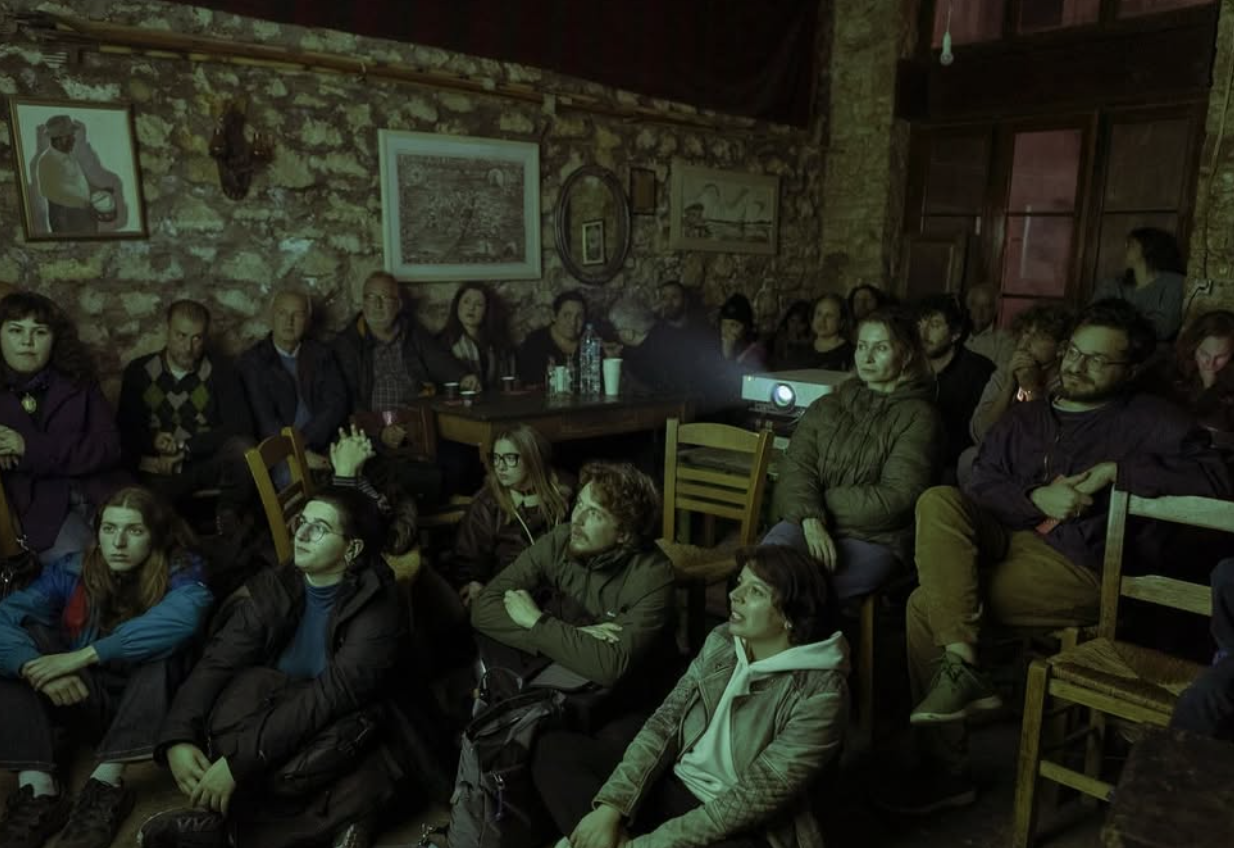
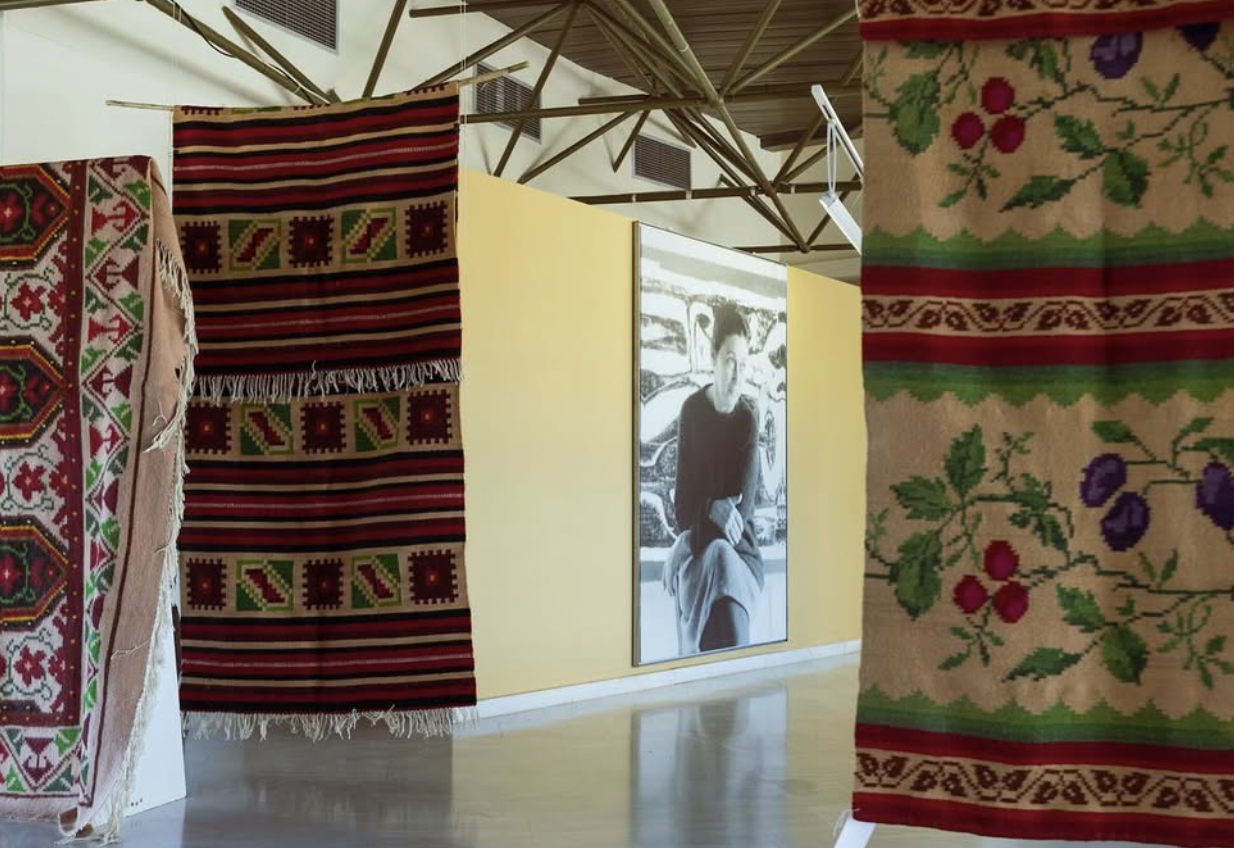
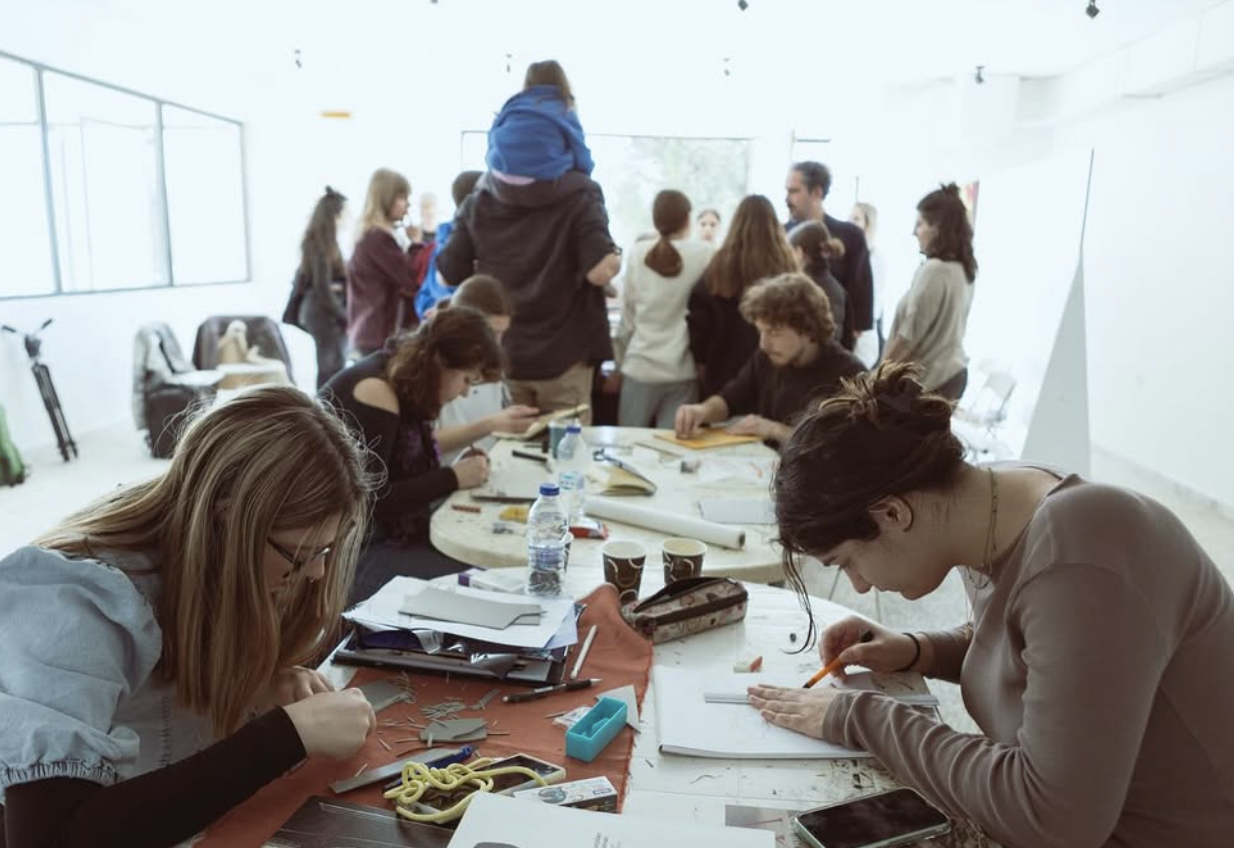
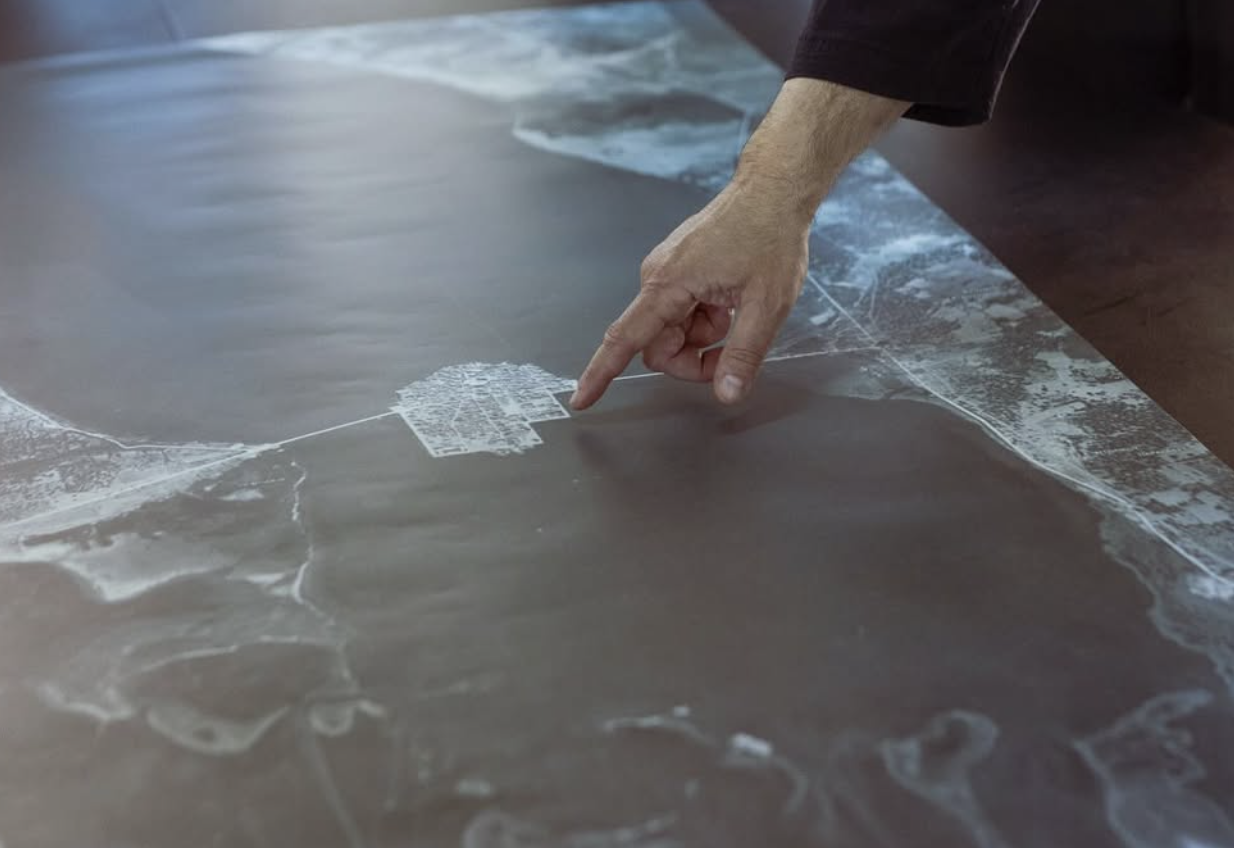
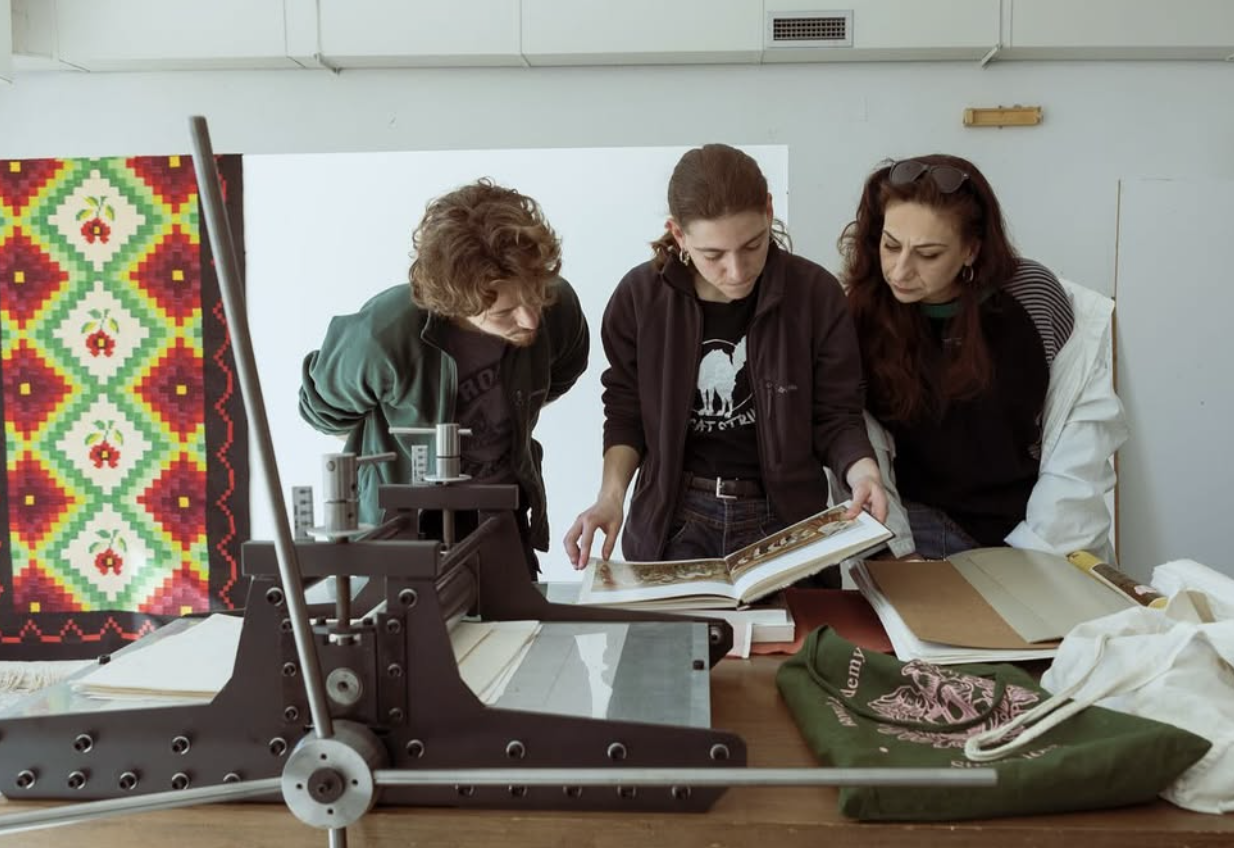
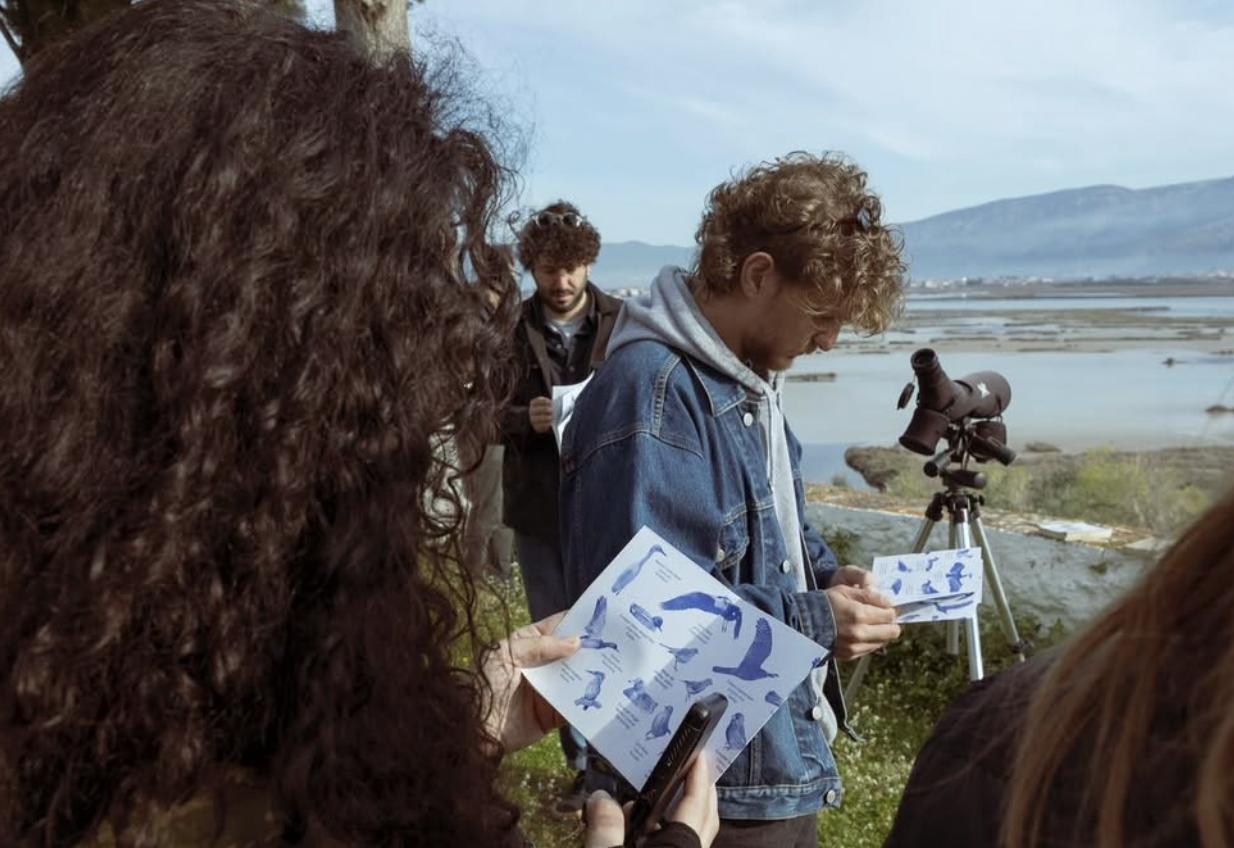
Days III & IV: Deep Listening and Shared Experiences
The weekend continued with performances, storytelling, and communal moments that deepened the engagement with Aitoliko’s landscape.
- – Skylarking (Short Play) – In the courtyard of Aghios Nikolaos Koundouros church, Nuno da Luz and environmentalist Yannis Roussopoulos guided participants in attuning their ears to the lagoon’s natural acoustics, highlighting the interwoven voices of the ecosystem.
- – A Stone’s Gaze – Dulcinea Compania’s theatre walk invited children and caregivers to rediscover Aitoliko through performance, navigating from a traditional shipyard to the Vasso Katraki Museum and the artist’s former home.
- – A Boat Ride Before Sunset – In collaboration with the Free Fishermen of Aitoliko, participants set sail with local fishers, gaining insight into the rhythms and knowledge embedded in their daily work.
- – A Place Like You and Me: Composing Stories for Transregional Liminality – Campus Novel presented a screening lecture performance weaving narratives of movement, transformation, and liminality.
- – Cine-tides Continued – Another evening of film screenings extended the conversation on landscapes, exile, and the solitude of environmental defenders.
- – Open Studio: Engraving Workshop – The engravings produced by Yiannis Papadopoulos’ workshop participants were displayed, reflecting Aitoliko’s textures and forms through their artistic interpretations.
-
- – A Shared Table – The event concluded with a communal lunch featuring local delicacies, including the region’s renowned revani, prepared by the Women’s Association of Aitoliko.
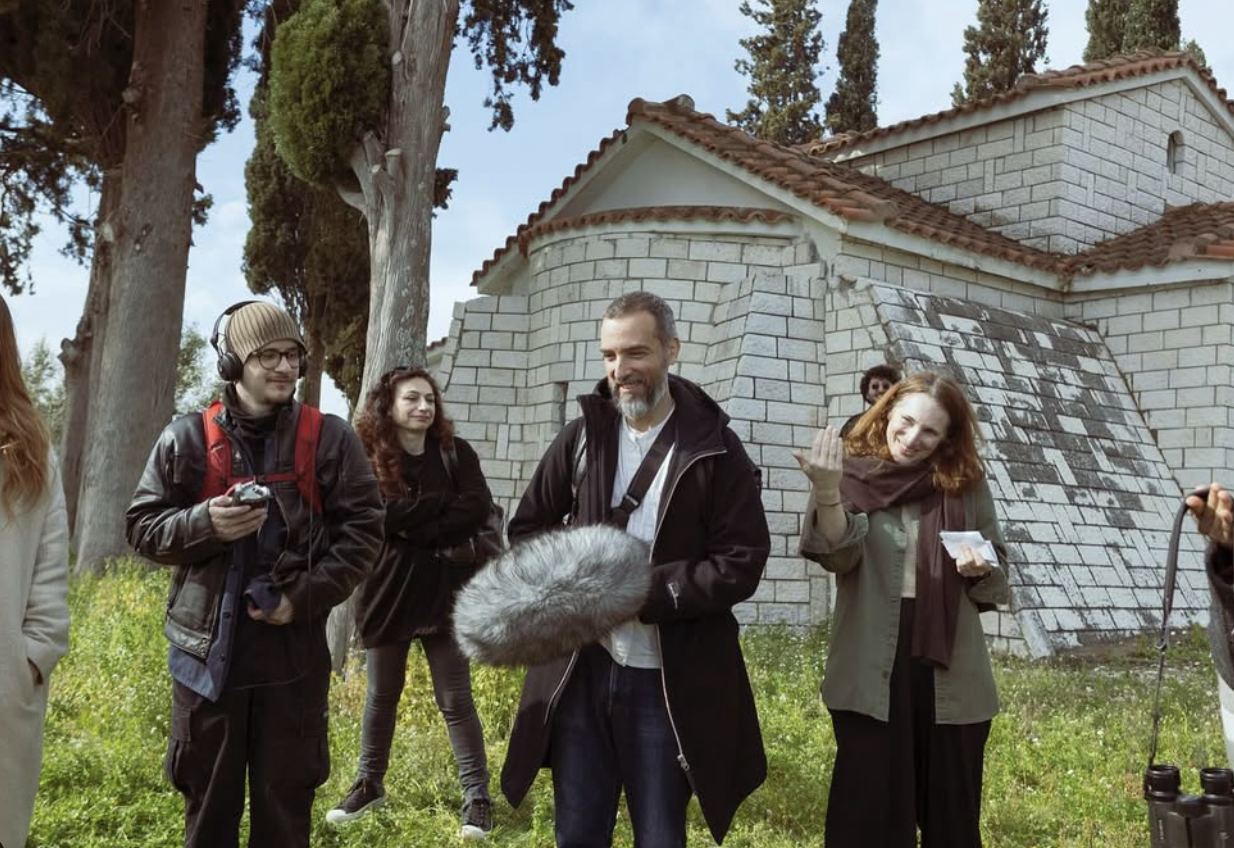
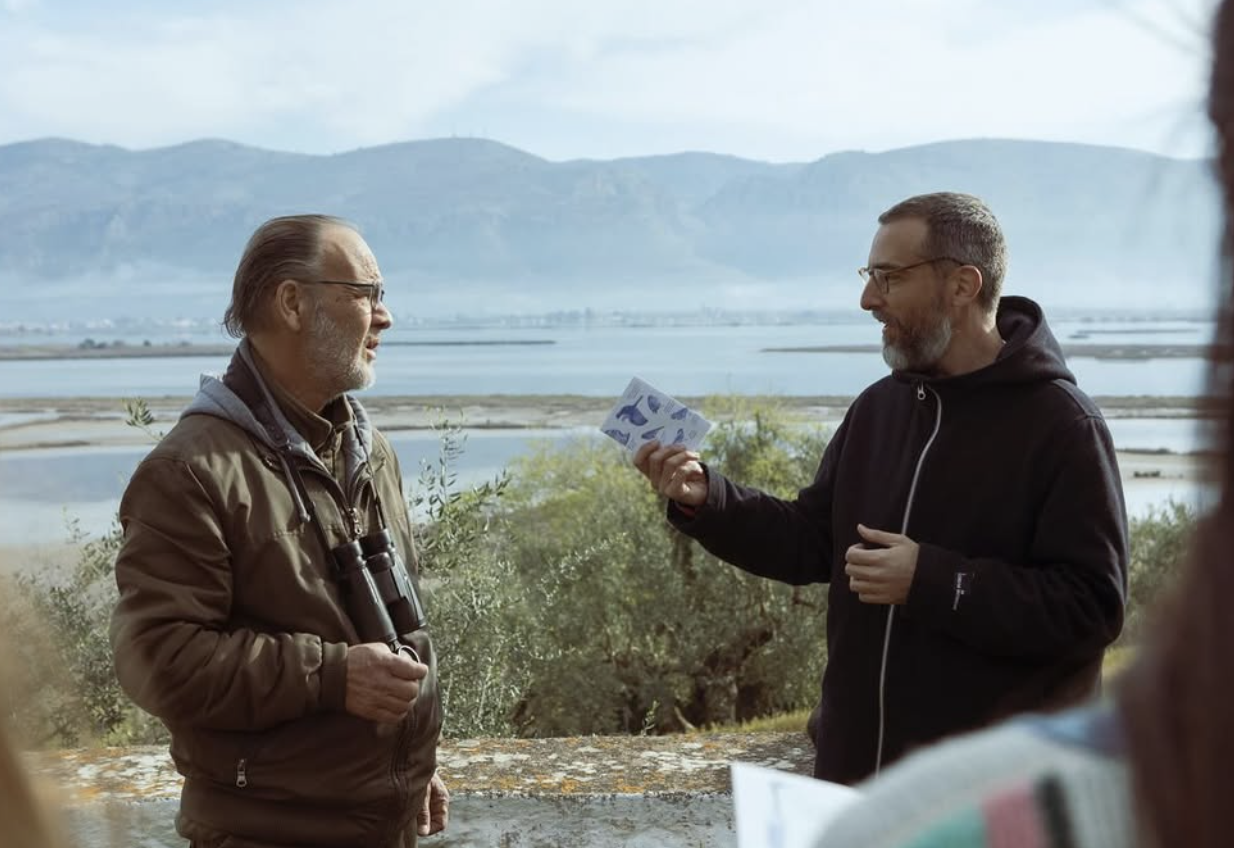
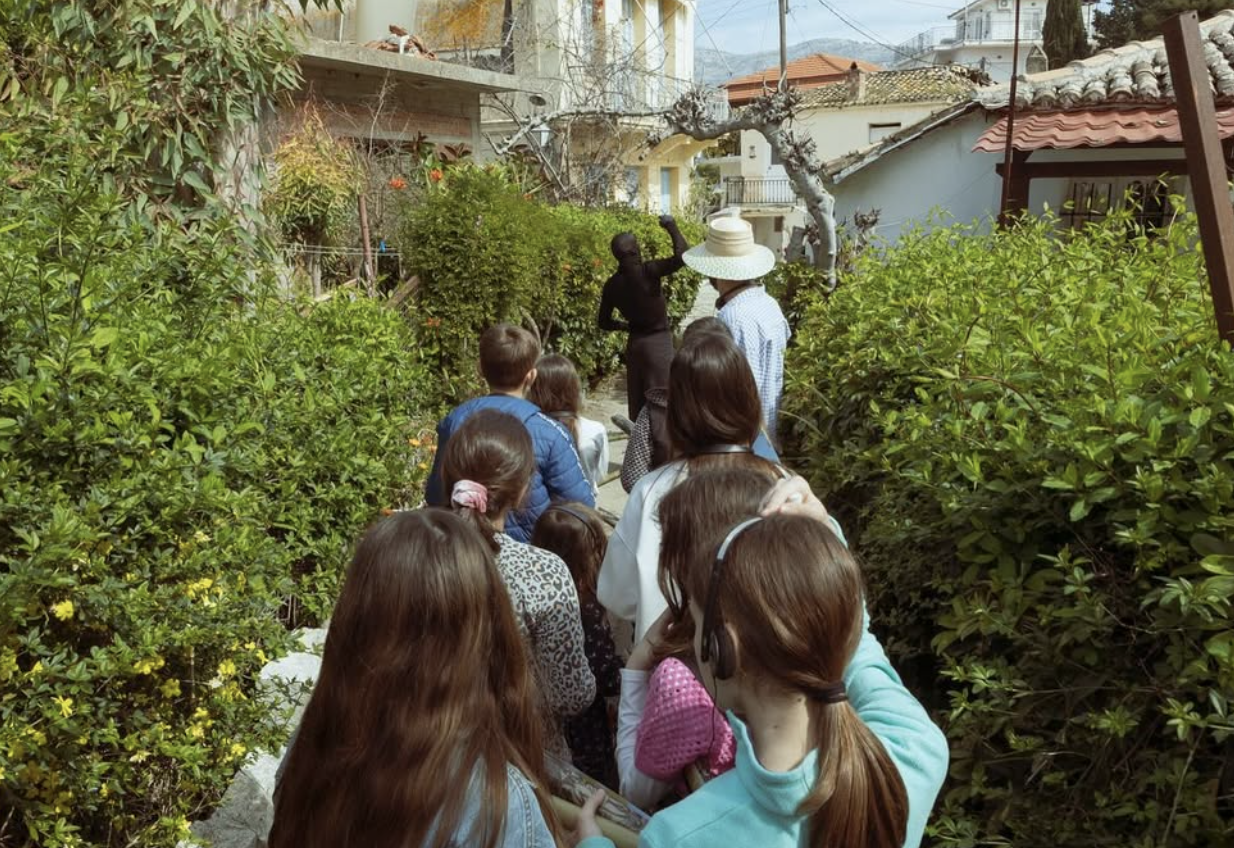
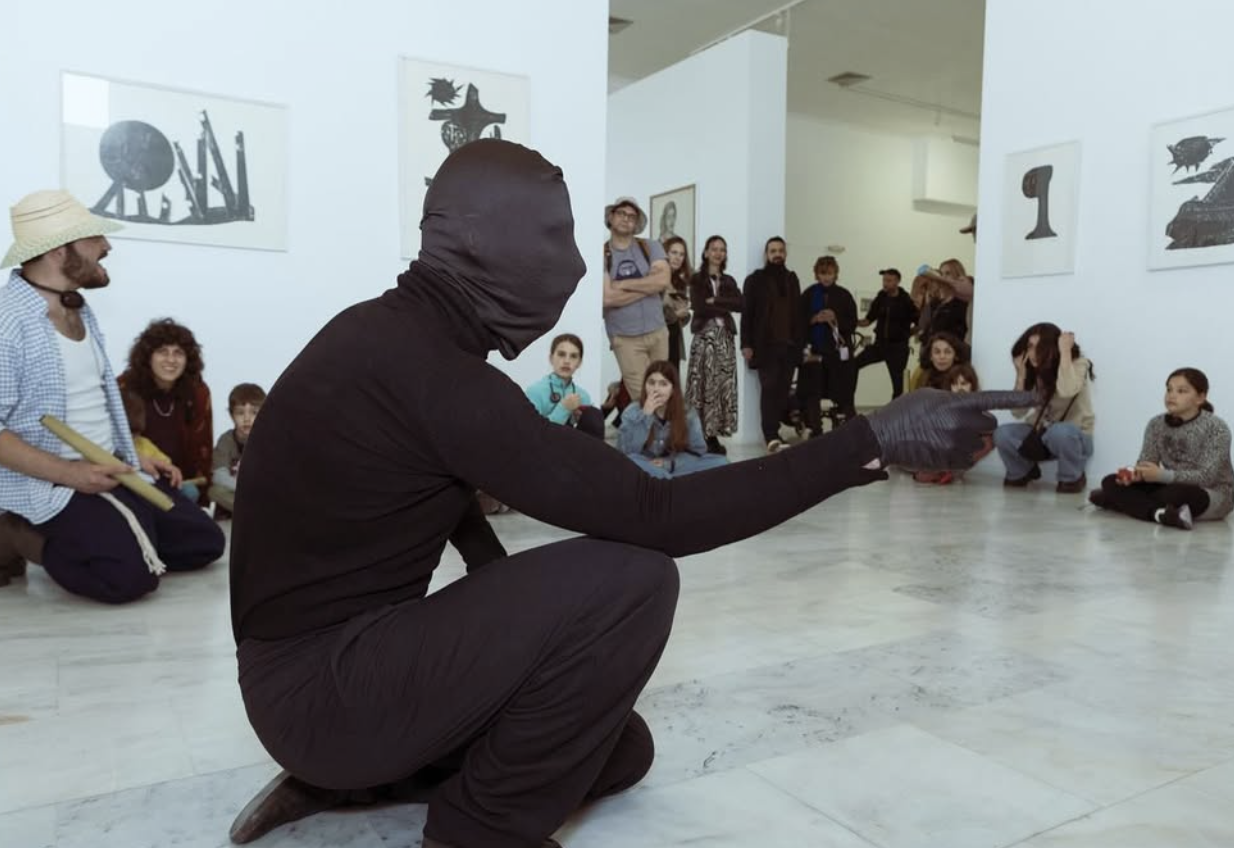
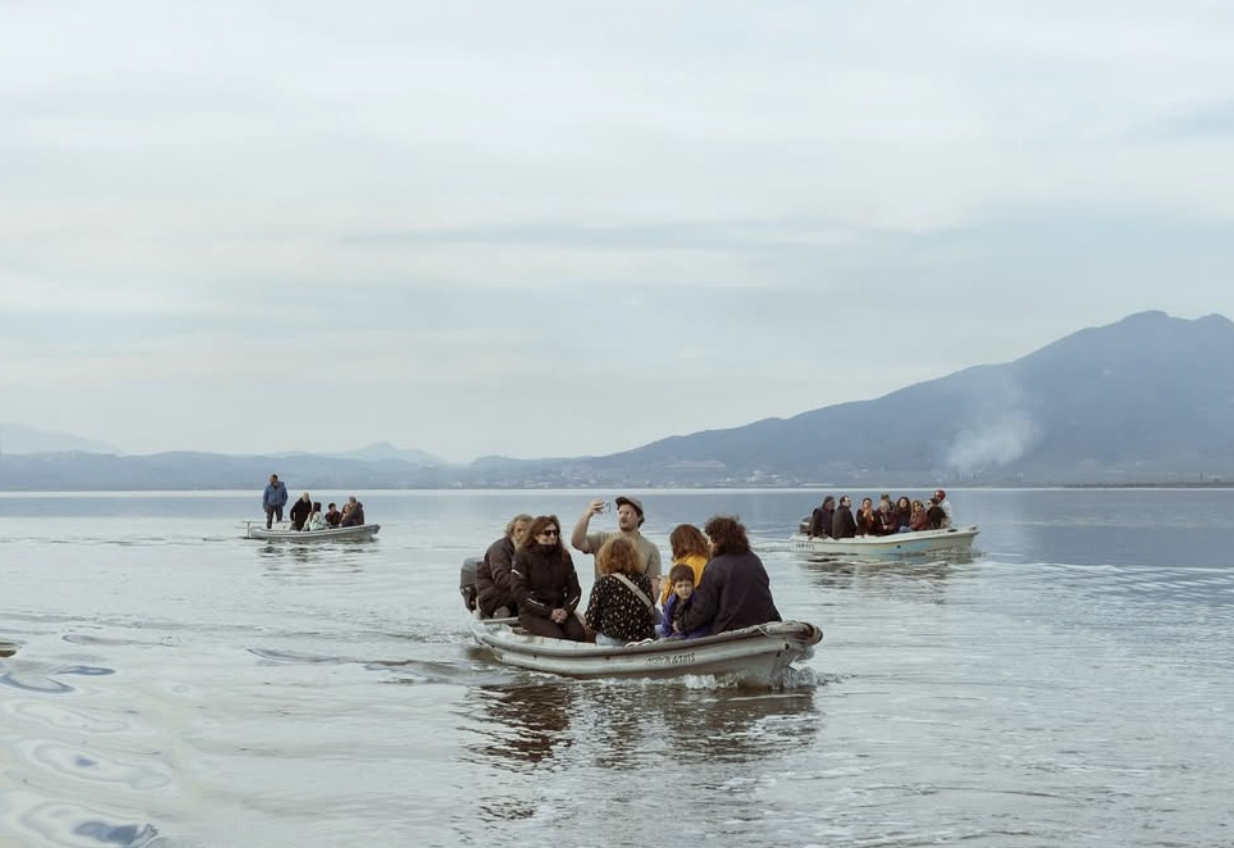
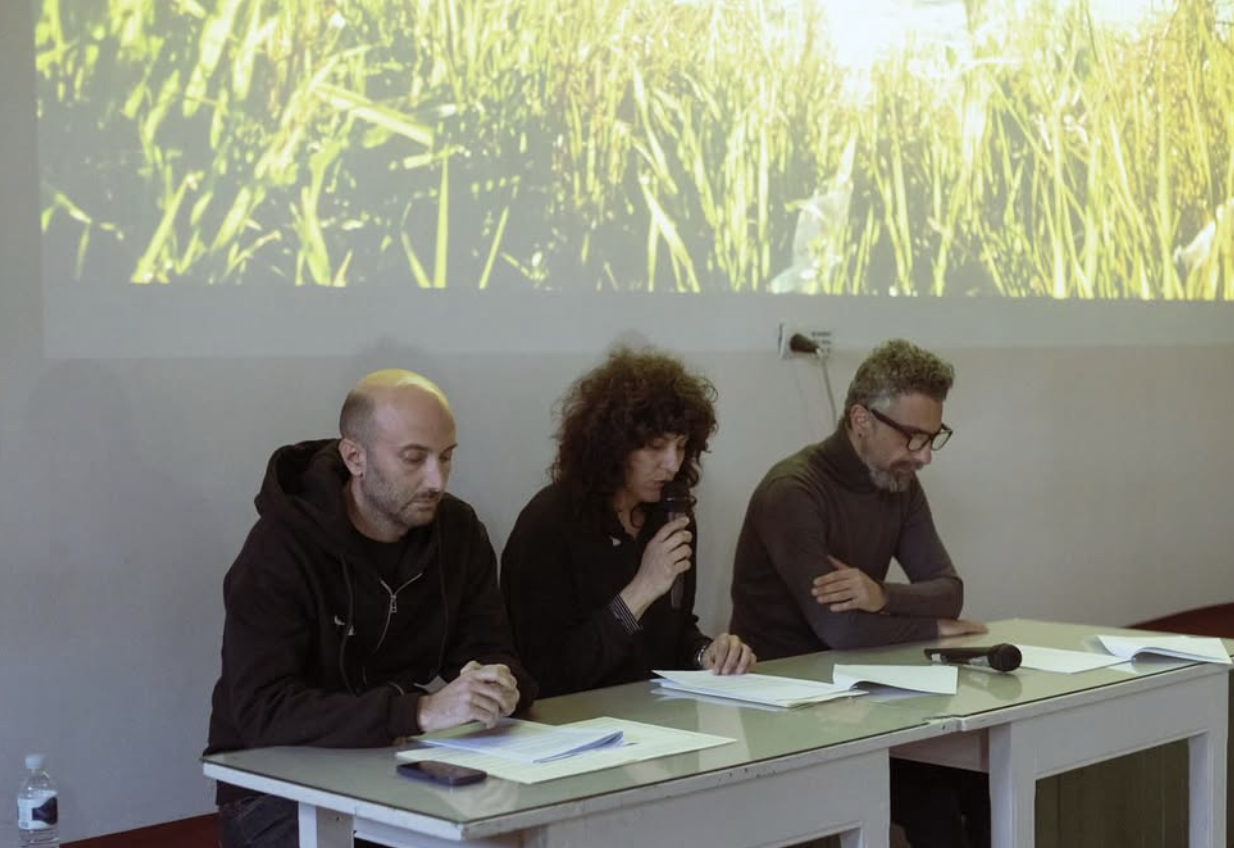
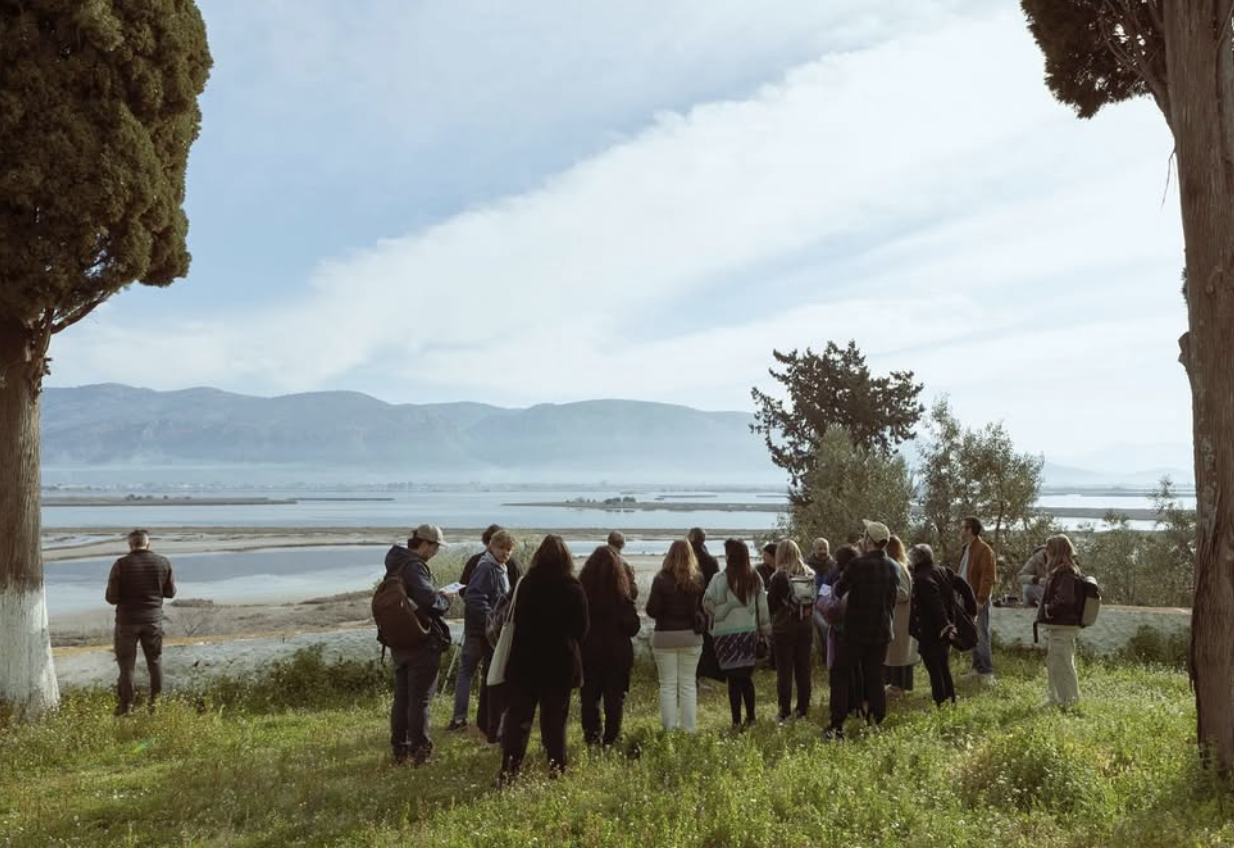
Vanishing Landscapes was supported by the National Bank of Greece, the Municipality of Sacred Town Messolonghi, Heinrich-Böll Stiftung Thessaloniki, and the Institut français de Grèce.
Photo credits: Nefeli Papaioannou




